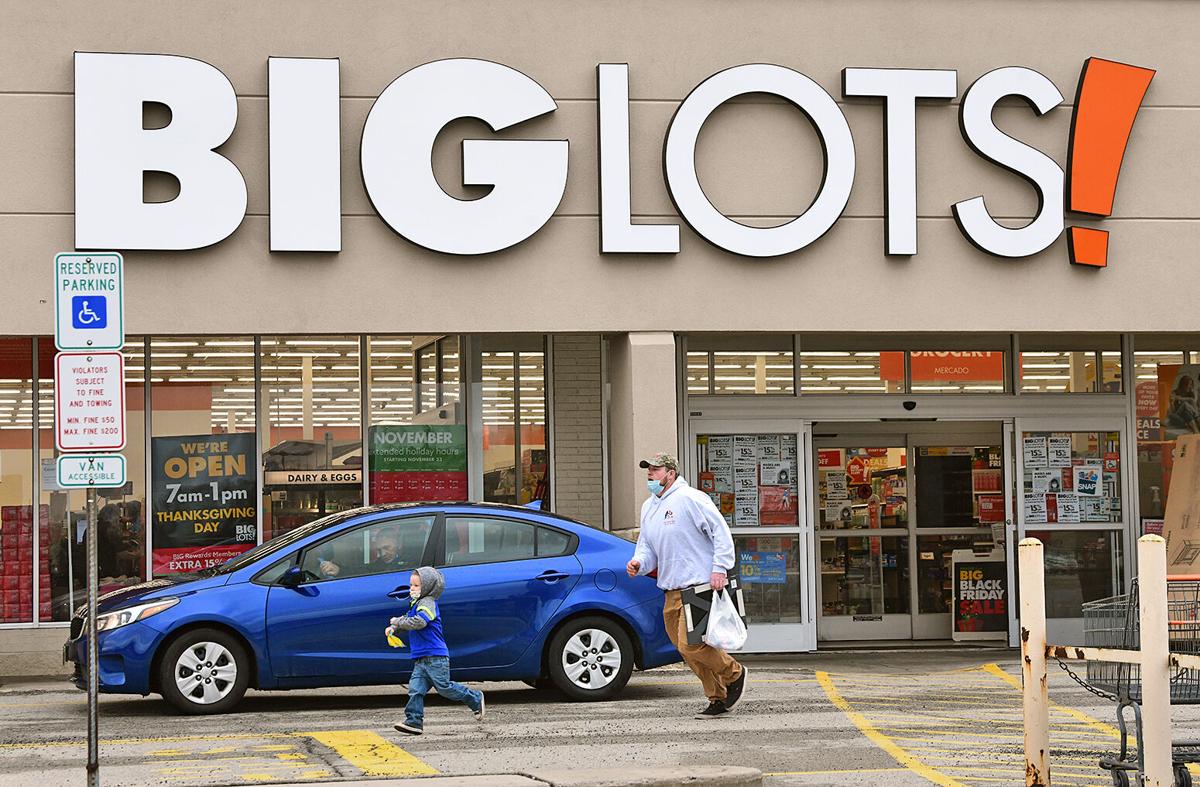Jobs
Big Lots Strikes Agreement to Save Jobs, Keep Stores Operational

Big Lots, the bargain store company that declared bankruptcy in September, announced on Friday that it has reached an agreement with an investment firm to sell its property to other businesses and retailers, allowing hundreds of stores to remain open.
The Columbus, Ohio-based business recently revealed that, following the failure of a purchase by private equity firm Nexus Capital Management, it was getting ready to close its remaining 963 stores. The brand, stores, and distribution facilities of Big Lots will be transferred more easily thanks to the company’s recent agreement with Gordon Brothers Retail Partners.
According to a news release from Big Lots, Variety Wholesalers, which owns over 400 retail locations, including Bargain Town, Bill’s Dollar Stores, and Maxway, would buy 200–400 Big Lots stores as well as up to two distribution centres.
With the new agreement, Big Lots may avoid firing thousands of workers. According to Variety Wholesalers, it might hire Big Lots employees for the stores and warehouses in addition to a few corporate workers.
“The best chance to protect jobs, increase estate value, and maintain the Big Lots brand is through this selling agreement and transfer.
Credit: CNN
“We appreciate the perseverance and fortitude of our colleagues across the country during this process,” stated Bruce Thorn, president and CEO of Big Lots.
A layoff notice put up to 555 corporate employees at risk of losing their jobs; however, it’s unclear how many Big Lots staff could stay. Another notification submitted by the corporation stated that starting January 6, another 505 employees in Pennsylvania were in danger.
On Saturday, a Big Lots representative informed CNN that they were unable to share any more information regarding the transaction.
Several well-known retailers, including Big Lots, filed for bankruptcy in 2024 as consumers reduced their discretionary spending. Party City declared last week that it had declared bankruptcy and will shut down all 800 of its locations.
Retail chains have blamed their faltering sales on rising interest rates and inflation. Walmart and Amazon have prospered while bargain businesses have struggled because shoppers have prioritised value over cheaper prices.










